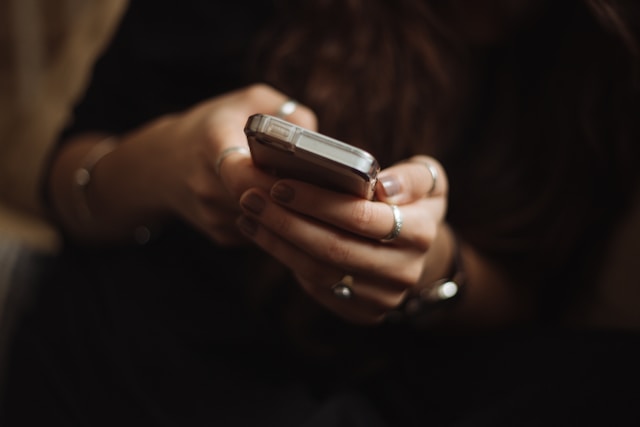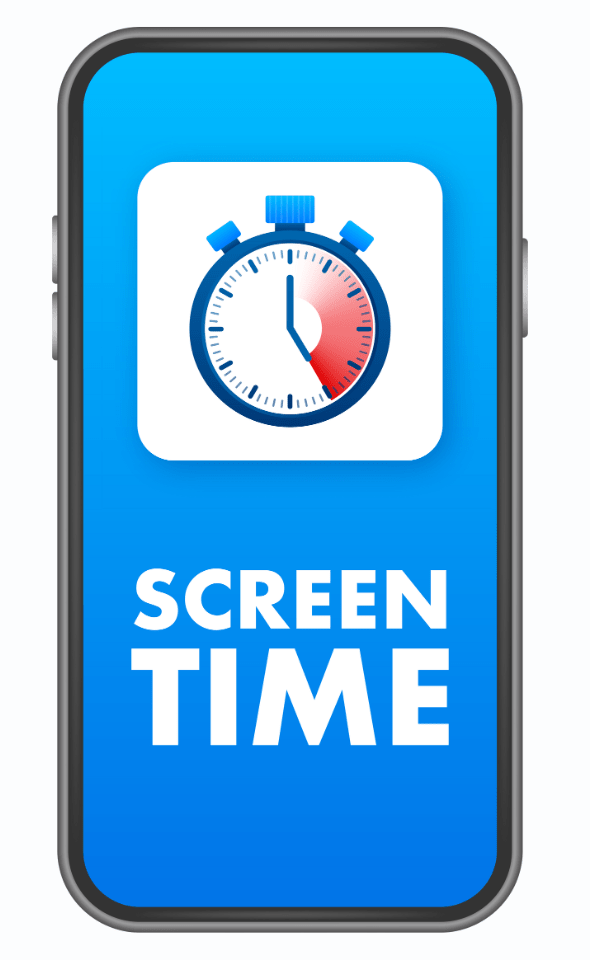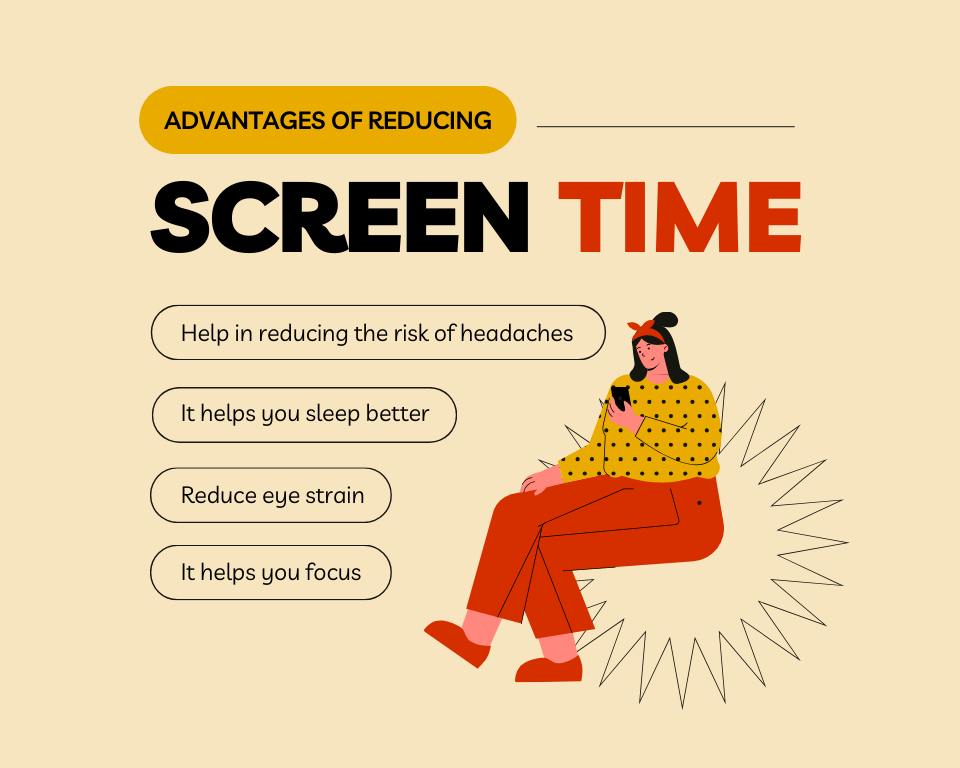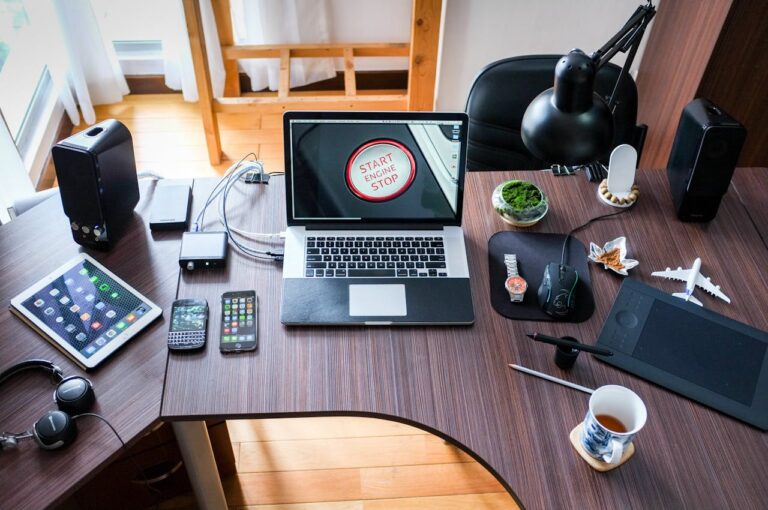
Get Curated Post Updates!
Sign up for my newsletter to see new photos, tips, and blog posts.

Electronics have a big impact on our daily lives. From mobile phones to television and others, our daily interactions are limited. Though these devices have numerous advantages and benefits, they have a greater impact on our mental health. This constant exposure can lead to digital addiction, sleep disturbance, and heightened stress levels. However, continuous practices and implementation of strategies can help to fight against this addiction.
This digital addiction has increased due to the COVID-19 pandemic. Because all the people were in Countrywide locked down. For this reason, they spend time on their electronic devices. As a result, digital addiction occurs.
According to Think with Google, 80% of users look at their smartphones daily, and 57% use more than one device every day. Only 14% go online using a computer (laptop or PC only), indicating that computer usage is not limited to an office, classroom, or desk, but may occur anywhere a person goes, increasing the likelihood of spending a substantial percentage of their time online.



The excessive use of electronic devices can lead to mental health issues. This can cause fatigue, disrupt our sleep patterns, and more on. It also has an impact on the behavior of a human. A digital addicted people always seem to be grumpy.
You can follow the strategies given below to make yourself strong enough to fight these mental health conditions.
It is necessary to establish clear boundaries around screen time. Divide the day into segments about when to use electronic devices and when not to use them. You can also make tech-free zones in your home like bedrooms or dining areas.


Many devices have built tools that allow the user to monitor and limit their screen time. Android has a feature called “Digital Wellbeing” and through it, you can monitor your activity and limit your usage accordingly.
Regularly disconnecting from electronic gadgets can help you reset your thoughts and reduce dependency. Schedule intervals of digital detox in which you participate in offline activities like reading, exercising, or spending quality time outside.



A study in 2017 showed that excessive use of digital devices increased depression in users. Teens and adults who spent time looking at screens for more than six hours a day were much more likely to experience moderate to severe depression than those who spent less time with their screens. Experts believe that one factor in increasing depression for people relying on screens is disconnectedness. Build meaningful relationships with friends and family. Regular visiting. Outings or activities can promote your social engagement and human connection.
There is no doubt about it, our digital devices and the Internet have connected and empowered the world in more ways than we ever dreamed possible. By following this strategy, you can help yourself by limiting the screen time. You must practice every day to enjoy its results.







Sign up for my newsletter to see new photos, tips, and blog posts.